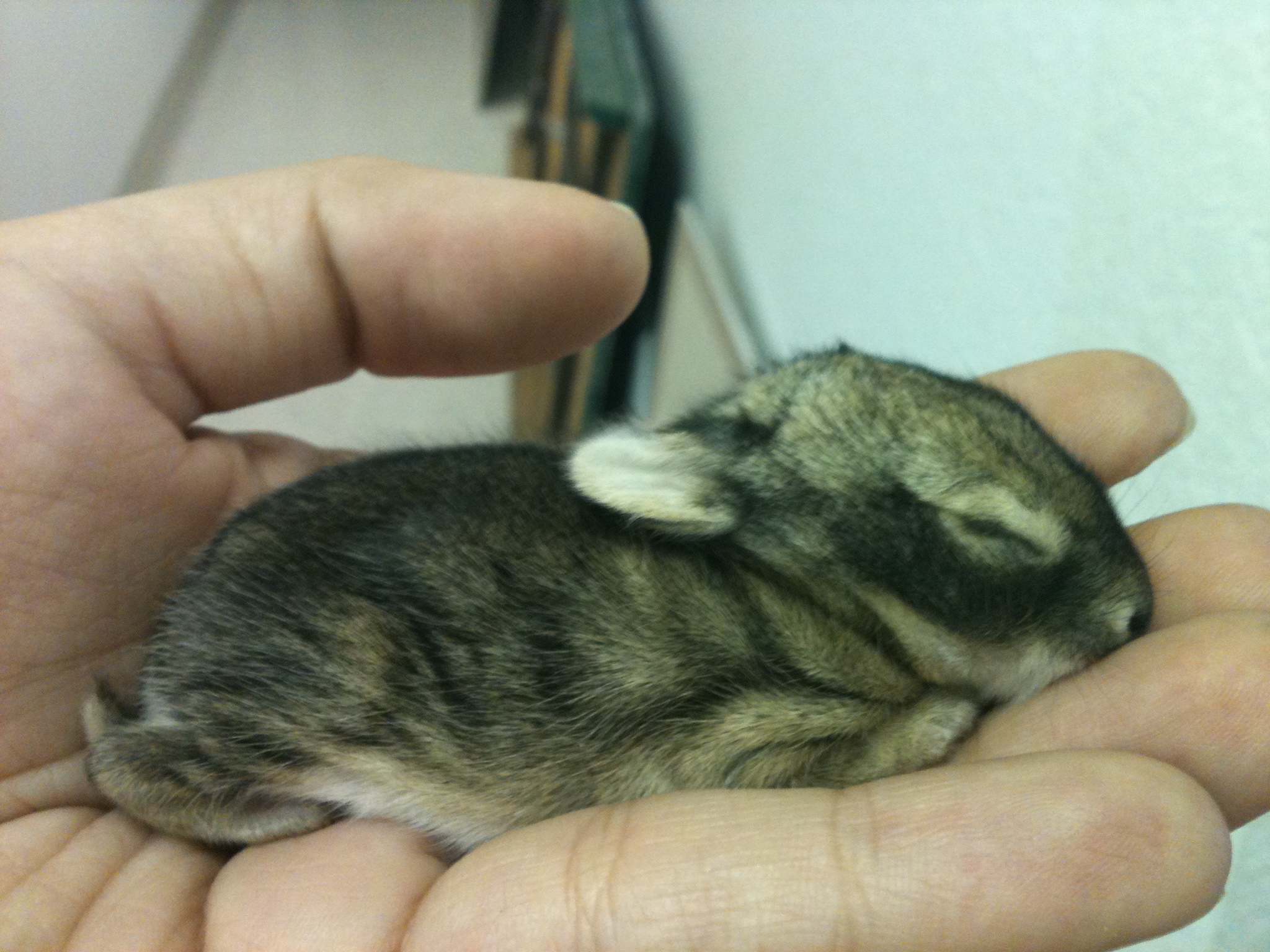‘Winter brings challenges,’ director says
By Donna Beth Weilenman
Staff Reporter
Winter is officially here — those recent December freezes actually happened in autumn. So officials at the Suisun Marsh Wildlife Center are offering tips on how to help wild birds and animals during the next cold snap.
“Winter brings challenges for wildlife,” executive director Monique Liguori said.
Food for birds in particular becomes scarce as the season wears on, Liguori said.
Residents can help area songbirds by putting out suet and other high-calorie foods, such as chopped nuts or peanut butter mixed with cornmeal, she said.
People don’t have to buy a suet feeder, either. They can make one easily, she said.
“You can drill holes in a fallen log, hang it and fill the holes with the mixture,” Liguori said.
Residents with bird feeders may select specific types of food to help different species of birds, she said.
American goldfinches like nyger seed and hulled sunflower seeds, and chickadees like sunflower seeds of all types, Liguori said.
House finches like black striped and hulled sunflower seeds and nyger seeds, while mourning doves prefer black sunflower seeds and golden millet.
Nuthatches like both black striped and black sunflower seeds, and redwing blackbirds like red and white proso and golden millet.
Blue scrub jays are fond of peanuts and black-striped sunflower seeds, and titmice like peanuts, black-stripled and black sunflower seeds, Liguori said.
Birds need clean and reliable sources of water, she said. “Birds need water not only to drink, but to bathe and clean their feathers, which insulate and keep them warm,” she said.
Birds and small mammals also need shelter, she said.
Sources of cover that protect little animals and birds from predators as well as cold can be as simple as fallen branches, leaves and twigs gathered into a brush pile, she said.
Anyone who finds more nuts in their Christmas stocking than they can use may donate them to the wildlife center, not only for the animals that have sustained injuries too great for them to be rehabilitated and returned to the wild, but also those that are being fostered prior to release, Liguori said.
“If you have access to unsalted shelled or unshelled nuts this season, any you could donate would be welcome by next year’s raccoon and squirrel babies,” she said. “They enjoy all kinds, including of course acorns.”
Those can be gathered in the wild and given to the center for use when orphaned or injured babies start arriving in February.
Other types of food the center will accept: apples, seedless grapes, carrots, pea pods, bananas, mushrooms, corn on the cob (both fresh and hard), avocados, raw lean steak, ground beef (including freezer-burned meats), frozen cooked shrimp, raw fish and seafood mix, raw eggs, bird seed, mouse food, Innova canned puppy food and dry adult Dog Chow, Purina dry cat food, Evo cat and kitten chow, dry Puppy Chow, plain yogurt, calcium powder and bird liquid vitamins.
Those who do more may want to take classes next year in basic wildlife care, either at the shelter or at home.
The next animal care class will take place 7 p.m. March 25 and 27. The Baby Mammal Home Care Class will be at 7 p.m. April 9, both at the Suisun Marsh Natural History Association and Suisun Wildlife Center, 1171 Kellog St., Suisun City, where donations of food also are accepted.
Those interested may call the center, 707-429-5295 (HAWK).







Leave a Reply